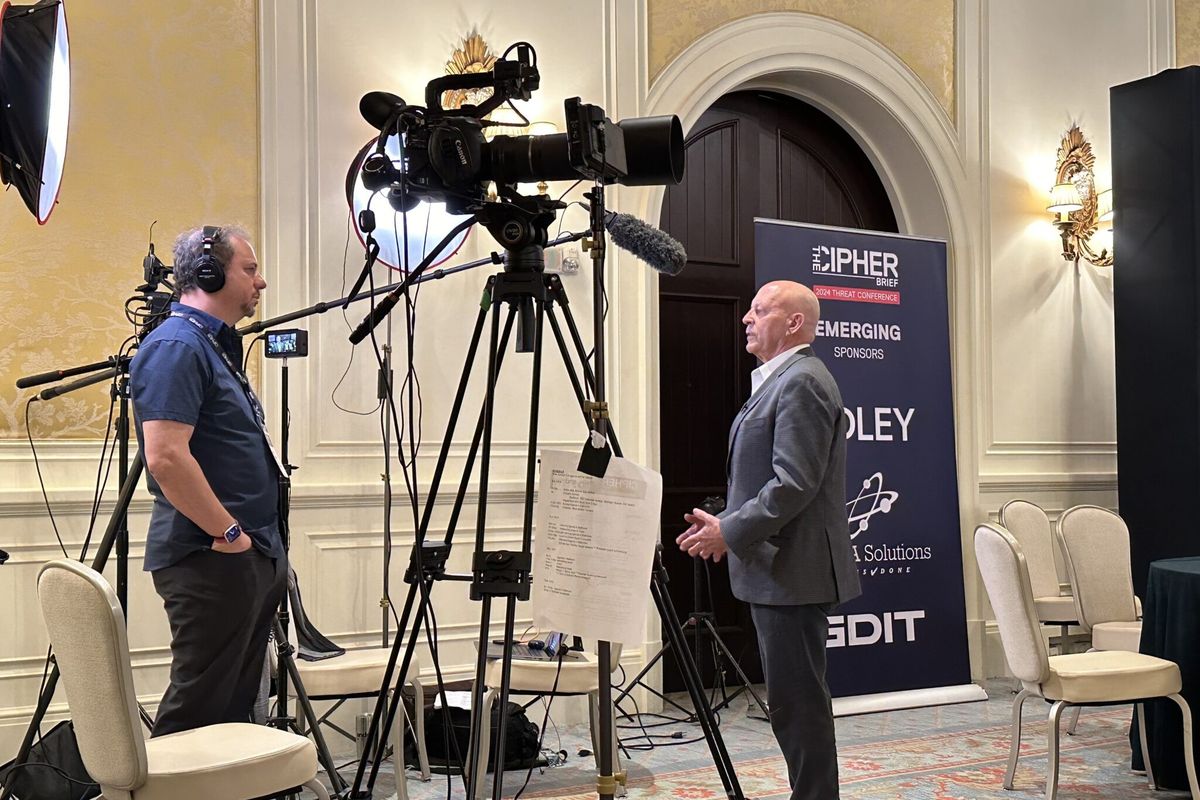Tonya Ugoretz, the President’s appointee to head the newly created Cyber Threat and Intelligence Integration Center (CTIIC), would not be faulted for wondering, “What have I done to deserve this?” As the inevitable debates, doubts, and bureaucratic squabbles take hold, it is hard to fathom how a new, inter-departmental government agency can open for business, let alone succeed. Yet if Tonya Ugoretz is looking for inspiration and guidance, she need look no further than the last newly established cross-functional agency, the Terrorist Threat Integration Center (TTIC).
What she will find: success lies more in “who,” rather than the usual tussles around “what,” “how,” or “how much.” It is the power of personal leadership – frequently discounted in this era of political gridlock – that helps a newly created government agency flourish.
We supported (and had ring-side seats for) the creation of the Terrorist Threat Integration Center (TTIC) and its successor, the National Counterterrorism Center (NCTC). When President George W. Bush announced TTIC’s creation in his 2003 State of the Union address, some within government were not supportive. The reaction – in the press, at think tanks, in Congress – was a mix of doubt and concern. Why bother? How will this work with other agencies? Who is in charge? TTIC could easily have gone down as another noble idea that never amounted to much.
Yet TTIC went on to become a robust, mission-driven agency performing at a high level. It did so through the power of personal leadership. Director of Central Intelligence George Tenet appointed current CIA Director John Brennan to Director of TTIC. It was Brennan’s leadership – and that of successors Admiral John Scott Redd, Mike Leiter, and Matt Olsen – that helped TTIC (later NCTC) overcome bureaucratic roadblocks and become a powerful source for terrorism threat information.
But it’s not just any type of leadership that moves government to action.
First, the agency leader must possess a clear vision for the agency and the charisma to share it. There is no more hardboiled person than a 20-year CIA intelligence officer. Yet many of them will, unsolicited, talk about Brennan’s leadership and how they would follow him through fire to get the job done. He quickly built a skilled team that – in defiance of skeptics – brought 32 different government intelligence networks into the TTIC fold.
TTIC completed its headquarters building in nine months – fast for a private office complex, let alone a government agency where it can take years to renovate a single floor. Leiter, one of Brennan’s successors, possessed the same leadership qualities, helping TTIC build momentum internally and with Congress, other government agencies, and law enforcement.
But charisma must be paired with bureaucratic skillfulness. Leadership does not mean running roughshod over Washington. Rather, it means working with the many different centers of power – some of whom may at first oppose the new agency.
Brennan drew upon his experience as a CIA senior leader to encourage the CIA and the FBI to support the fledgling anti-terrorist effort. He employed a “carrot and stick” approach with wary officials at other agencies to attract their cooperation.
However, the leadership skills required for the CTIIC are different from those involved in anti-terrorist efforts in one important area: the need to partner with the private sector. Companies are top cyber targets: they are also a source of solutions. Leading this effort will require closing the all-too common gap between government and the business community.
And while individual leadership is important, it is not all that determines the success of a new government agency. TTIC/NCTC also benefited from leadership in the Executive branch. President Bush, DCI Tenet and FBI Director Robert Mueller expended political capital to ensure TTIC/NCTC had what it needed. Decades before, Presidents Truman and Eisenhower both provided political and bureaucratic support to the fledging CIA in the face of inter-agency opposition.
Congress, too, must lead – by striking the right balance between oversight and the need to be nimble, mission-focused. Tonya Ugoretz must be empowered to move at the same speed as those who seek to launch a cyber attack.
Author John Maxwell remarked, “Everything rises and falls on leadership.” It may seem quaint to think that personal leadership can mobilize government in the fight against something as complex as cyber attacks. Yet as Tonya Ugoretz confronts a profound technology threat, she should not under-estimate the importance of the human element.
Winston P. Wiley is the Former Associate Director of Central Intelligence for Homeland Security and the Former Director of the CIA’s Counterterrorism Center.















